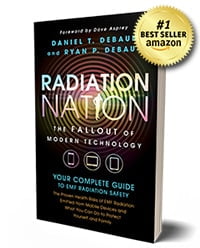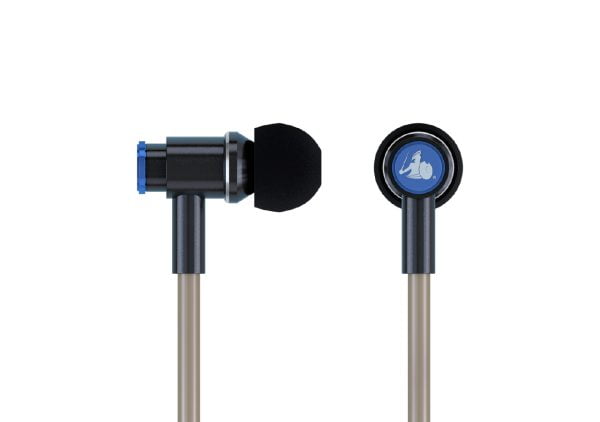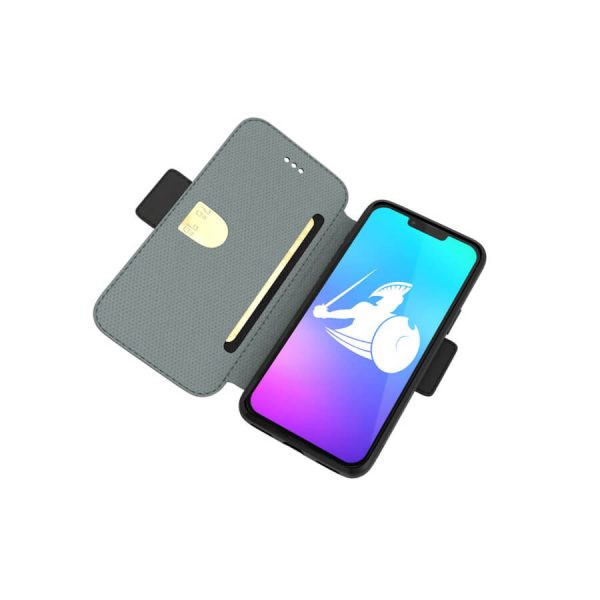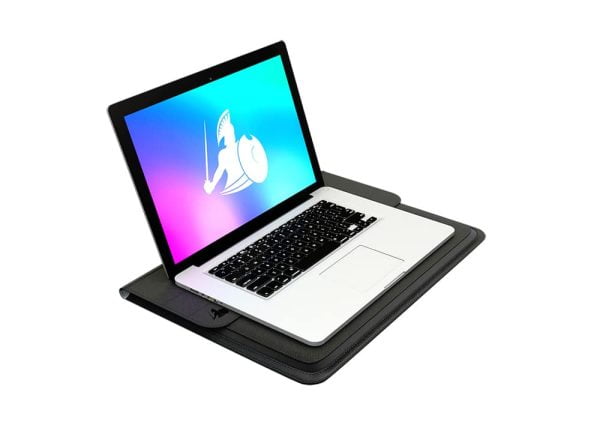Your cart is currently empty!

Why Millennials Should Be Concerned About EMF Radiation
Last Updated on October 2, 2023

We all know that the younger generations of today love their mobile devices! A quick look around any public place will show this to be true.
Teens on their smartphones Snapchatting back and forth to each other. Young women taking selfies and posting to social media. A businessman working away on his laptop. A young child immersed in the latest game on their iPad.
This is today’s reality.
And though the rapid rise of mobile electronic technology has been a collective effort on humanity’s part, it’s clear that no demographic exemplifies this close relationship with technology more than the Millennial generation.
What Makes Millennials Different Than Past Generations
It seems the stereotypical views that many people have of Millennials are rooted in truth – they are always plugged in, at times irritatingly so (even to themselves).
To them, rapid technological innovation is simply business as usual. Unlike any generation before them, the internet and wireless technology has been around since their early years, and they’ve grown alongside it (for reference, birth years for the Millennials span roughly from the early 1980’s to the mid-1990’s.
The first commercially distributed cell phone went on the market in 1983, and WiFi was introduced in 1998.
This has led many people to refer to Millennials as “digital natives”, a phrase that describes someone who has been brought up during the digital age and thus is a “native” user of digital technology.
The unique perspective of digital natives, while making them more open to all types of tech innovation, is also what makes them so vulnerable to the harmful effects of electromagnetic fields (EMFs), which are emitted by all mobile devices.
Having EMF-emitting devices in their homes since childhood, using these devices close to the body is second-nature to them, more so than any older age group. They have no sense of caution concerning heavy use of these devices, and rely heavily on them.
However, the widespread prevalence of EMF safety awareness is still very recent. Research on possible health risks of EMFs is growing, it still has not gathered enough attention to make this generation question their habits concerning EMF-emitting technology.
How Millennials Use Technology
To illustrate, here are some research findings on how Millennials use digital technology:
- The average adult checks their phone 30 times a day, and the average Millennial checks their phone 157 times a day.
- According to a 2013 study, Millennials spend about 5 hours a day using digital media. They account for one-half of the total minutes that Americans spend using smartphones.
- They are more likely than any generation before them to use apps, which likely contributes to the fact that these days, there’s an app for everything we could need and then some.
- Millennials are the only generation more likely to own a laptop (~70%) than a desktop (~50%). By comparison, baby boomers are at ~46% and ~60% respectively.
- A survey by Bank of America revealed that 39% of Millennials claim they interact more with their smartphones than they do with their partners, parents, friends, children or co-workers.
- A 2015 survey by Harris Poll found that 56% of Millennials believe they would be happier if they used their smartphone less.
- 9 out of 10 Millennials feel that the Internet will provide them with more access to jobs they’re suited for while 76% feel that the Internet will make their job easier.
- A study of 4,000 employees in 10 different countries discovered that 42% of Millennials said they would quit a job that offered substandard tech and 82% said workplace tech would influence which job offer they accept.
- A 2014 report from the research firm Lab42 found that over 80% of Millennials believe technology will positively change the world.
A Rapidly Changing World
Whether they are conscious of it or not, Millennials are growing more and more dependent on wireless technology.
As a result of such leaps and bounds in the realm of wireless, their lifestyles now demand its availability.
Today’s teens and young adults are accustomed to having a wealth of information at their fingertips, the ability to communicate instantly with people on the other side of the world, and access to conveniences like shopping, media streaming/downloading, travel planning, and finance management from anywhere with a wireless signal.
It goes without saying that WiFi is now extremely prevalent in our work environments and universities. For some people, the availability of WiFi in a public space is the determining factor in whether or not they’ll even go there.
Undoubtedly, the digital revolution has helped us become a more efficient, educated, and connected species. But the sheer amount of technology that our lives have become saturated with demands that up-and-coming generations consider the possible health outcomes of such use.
What the Future Holds
It appears inevitable that we are heading full-speed towards a world where wireless technology is woven into nearly every aspect of our daily lives.
Smart TVs, which commonly utilize WiFi, are predicted to be the dominant type of television on the market by 2020, and augmented reality glasses that use wireless are already available to consumers.
By 2020, it is predicted that 24 billion devices will be connected to the Internet, with the vast majority using some form of wireless to go online. And there are far greater developments on the horizon.
5G is the next big step in wireless communication; these faster and broader networks will operate at much higher frequencies than 4G (most 4G uses radio waves that move at rates of 0.7 GHz to 6 GHz, while 5G networks will utilize “extremely high frequency” millimeter waves that travel at rates of 30 GHz to 300 GHz).
Also continuing to evolve is the “Internet of things”, the interconnecting of a diverse range of devices and objects to the internet (often wirelessly), enabling them to communicate with one another and making possible the creation of smart homes and cities.
With Great Technology Comes Great Responsibility
Now that Millennials are coming of age, they will be at the forefront of the research and development of new technology.
This comes with the responsibility of learning how to be healthy and conscious technology users, innovating ways to make it as safe as possible for humans, and being transparent with the results of research surrounding it. Millennials are also creating families and having children of their own.
EMF exposure is particularly harmful to the minds and bodies of children, making it critical that millennial parents use technology wisely in their homes – both for their children’s direct safety, and to teach them healthy habits during their most impressionable years.
We can’t stop the forward-motion of the digital revolution – and to echo what most Millennials believe, we shouldn’t want to. For the most part, this type of technology only helps to improve our lives and our world. But no innovation should be so widely adopted without consideration for its risk of harming human health.
If the millennial generation, as the current pioneers of the wireless age, doesn’t take on this responsibility, they will continue to perceive technology addiction as harmless and this belief will be carried on by their children (Generation Z).
The problem is not the technology itself, but how we use it, and the negative effects that come with excessive use of wireless devices will only become more prevalent at the rate we are going.
By informing themselves, educating their children, and taking simple precautions, Millennials can help to ensure the safety of a more connected world.
Related Posts
None found























































